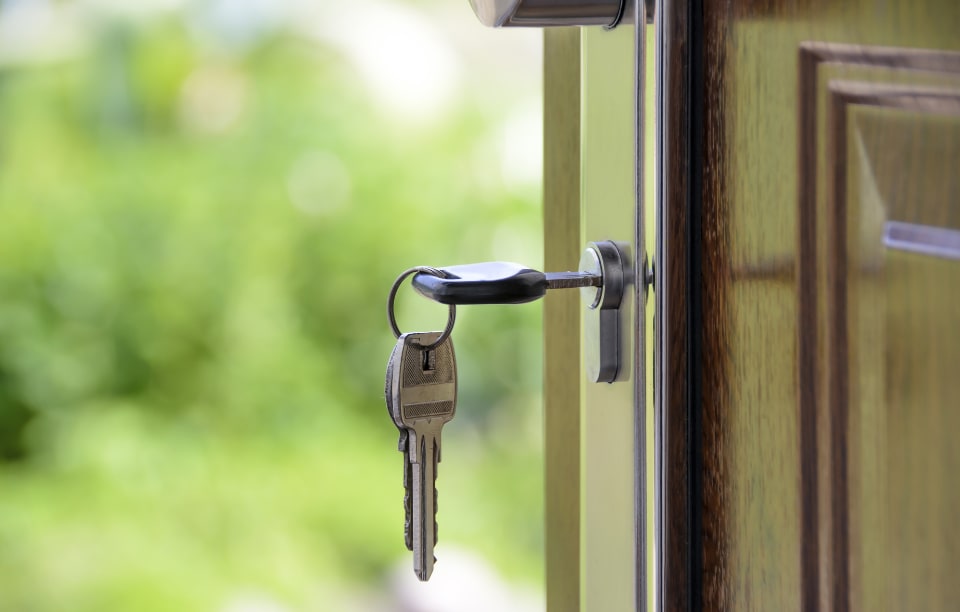How to Improve Your Chances of Getting a Home Loan

There’s nothing more disappointing than deciding that you’re ready to buy a property and discovering that you can’t secure a home loan. This unpleasant surprise can be devastating. For many prospective homeowners, the financial impacts and changes to housing regulations around the world are making things more challenging.
Before you get your hopes up on buying a new home, there’s some legwork to complete. Here are some practical tips for improving your chances of securing financing.
Check Your Credit Report
While there are various components that come into consideration when applying for a home loan, your credit score is a big one. Before you start shopping for a new home, pull your credit score and full credit report to get a better idea of your situation.
It should come as no surprise that maintaining a good credit score is essential for securing a home loan. The bank wants to see that they’ll get their money back in a timely manner. Negative items like missed payments and collections weigh against your credit score. Making minimum payments on time and removing negative items can help improve your credit score over time.
Keep in mind that while your credit score may be good enough to get a home loan, you’ll have better opportunities with a better score. In essence, a good or great credit score means getting better terms and lower interest rates, which will save you thousands.
Improve Your Debt-to-Income Ratio
Another consideration when applying for a home loan is your debt-to-income ratio. Lenders want to see that you can handle another payment based on your current spending situation. Your debt ratio also plays a role in your credit score.
If your current paycheck is barely covering your existing debts, you’ll be less likely to secure a home loan. Start by changing your spending habits and paying down existing debts.
Put Money in the Bank
Conventional mortgages require a downpayment on your new home, which can range from 5-10% of the home’s total cost. While there are other options, it’s best to err on the side of caution and put some money in the bank.
Create a basic savings plan for your down payment. In addition to improving your chances of securing a home loan, you’ll also improve your net worth.
Know Your Budget Limitations
Just because you’re pre-approved for a certain amount doesn’t mean you should look for houses at the upper threshold. Know the difference between what you can afford and what you can comfortably afford. Secure a pre-qualification before you start house shopping so that you know financing will go through once you put in an offer.
Know Your Options
There are alternative mortgages for specific situations that could benefit your lifestyle. For example, a VA mortgage is one option for veterans and military service members. These mortgages don’t require a down payment but have specific funding requirements you must meet.
Another option is the USDA mortgage for people below a certain income level in rural and suburban areas.
Explore your options and determine what’s available to you based on your lifestyle. Sometimes it’s worth focusing on other areas of improvement to get a better mortgage option rather than opting for alternatives.
Showcase Positive Financial Habits
While lenders put a lot of weight on your credit score, there are many other aspects of your financial habits and lifestyle that they’ll assess. One of the important elements you’ll need to show is proof of employment. Ideally, a bank wants to see two years of consistent employment.
If you don’t have that, you might need a letter from your employer. If there are gaps, you’ll need good reasons for them and proof of how you supported yourself during those periods.
The key to securing a home loan is proving that you have a positive relationship with money. Work on improving your credit score and developing healthy financial habits to help secure a home loan.
